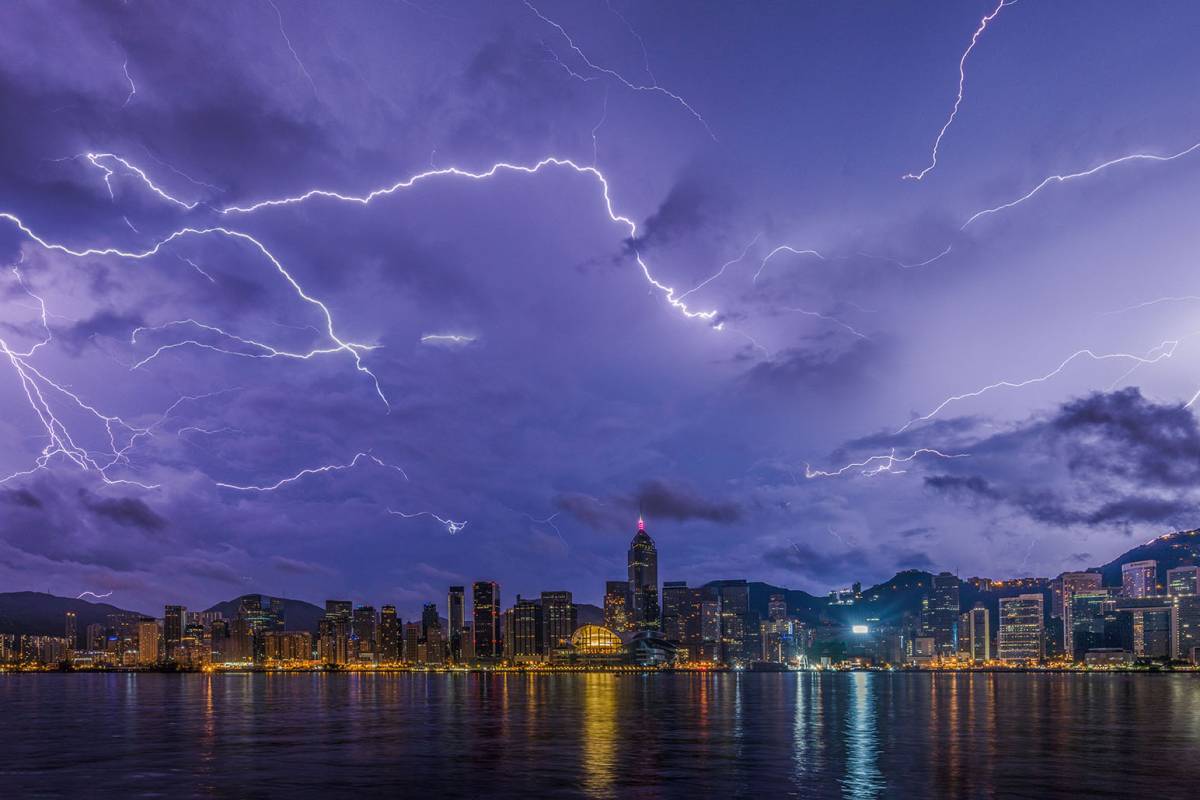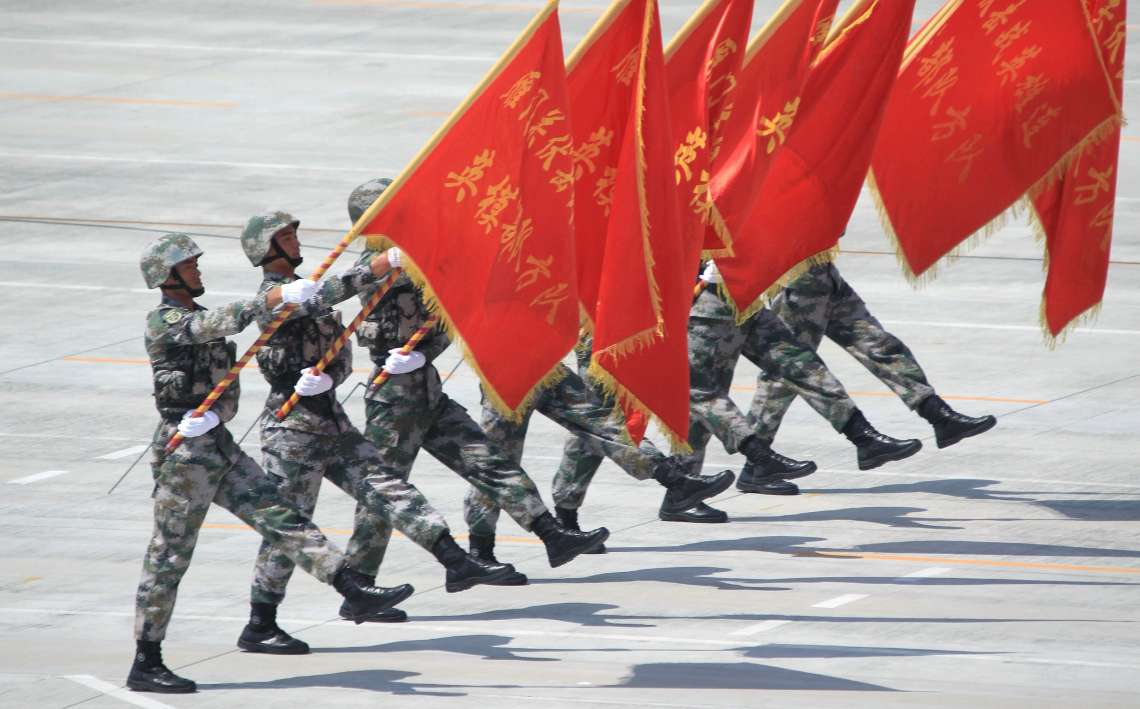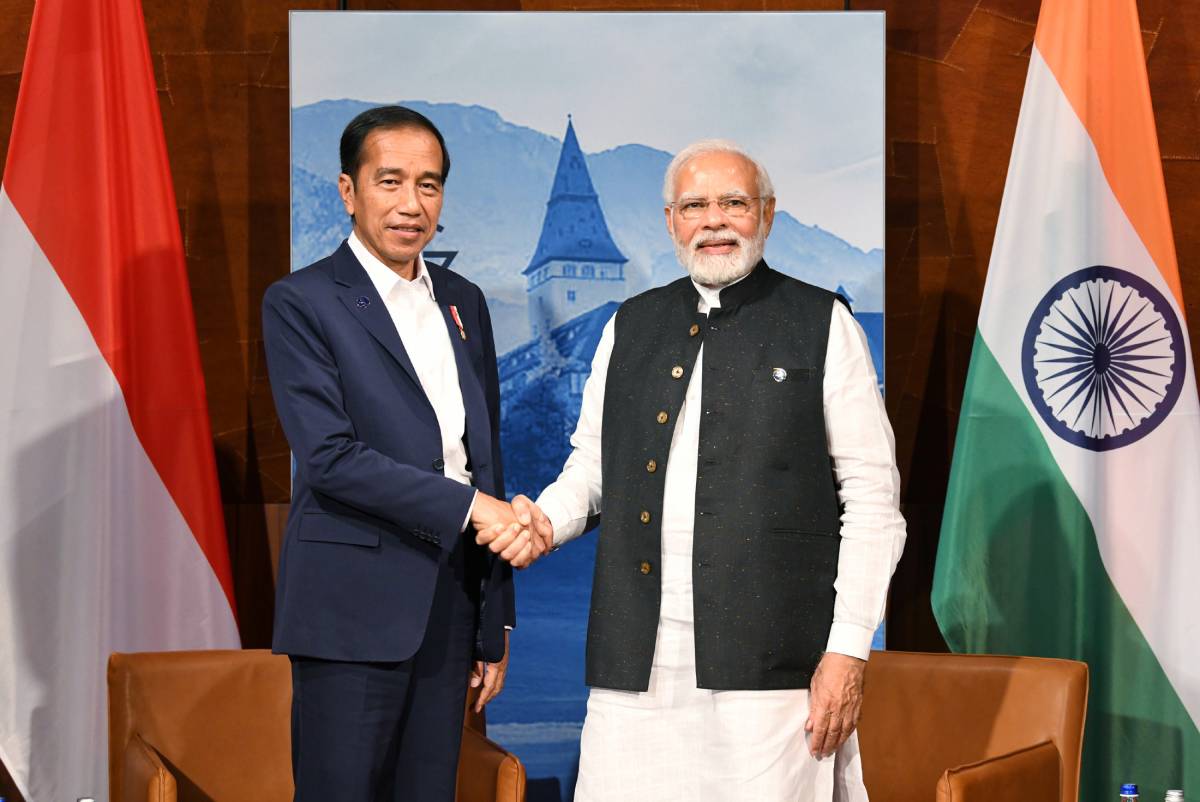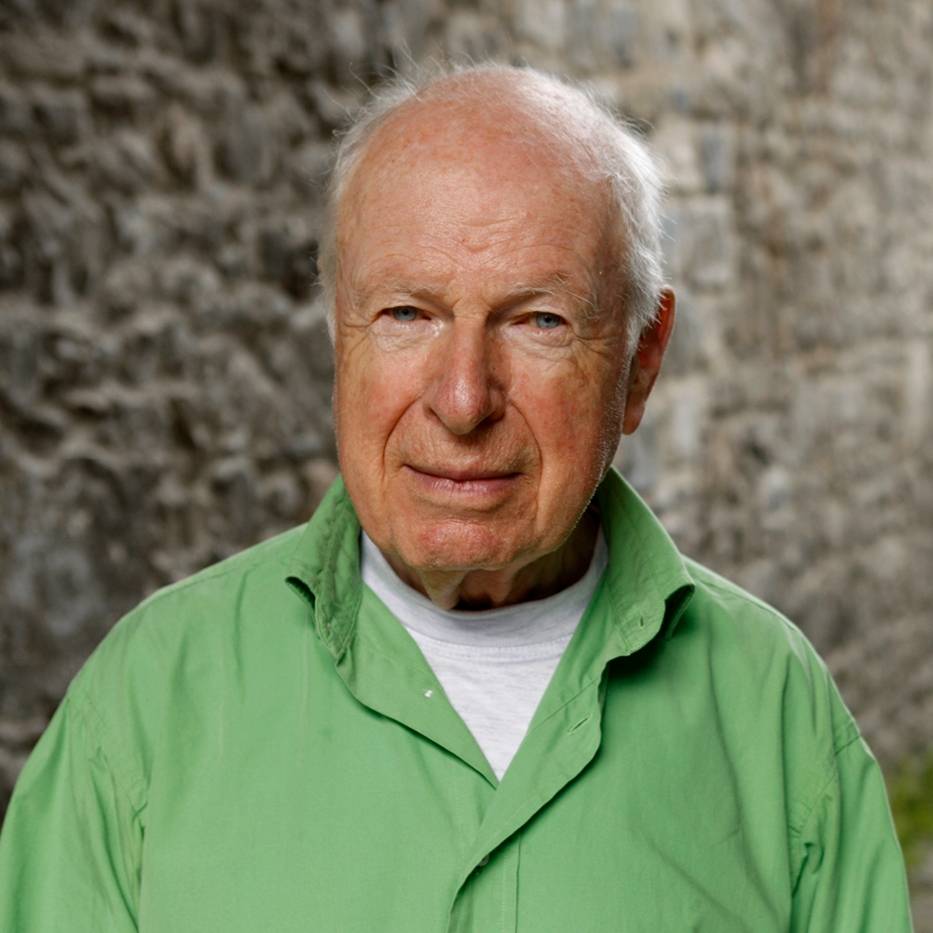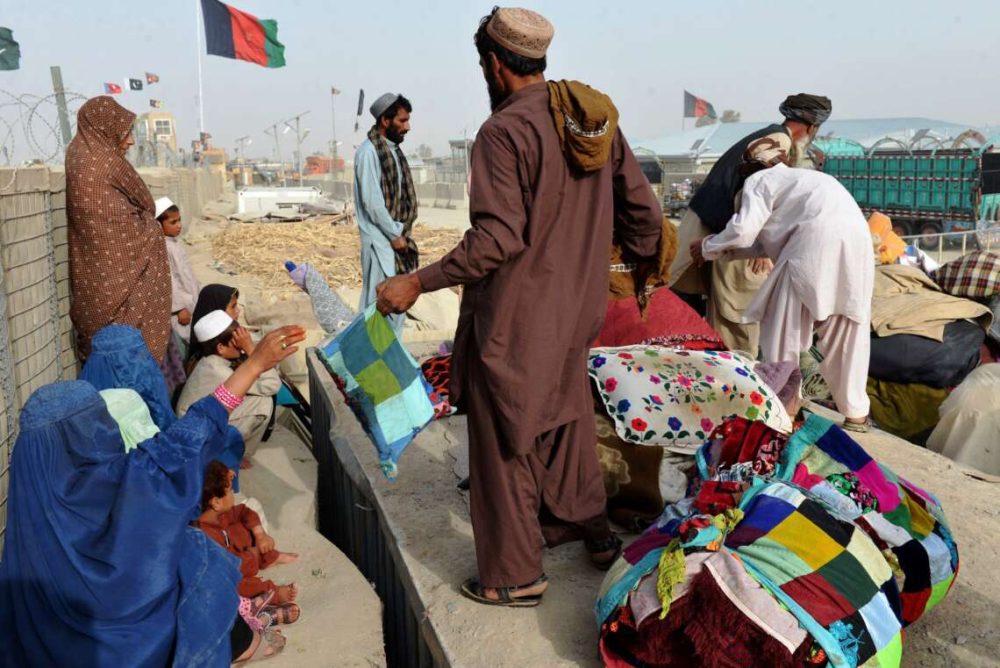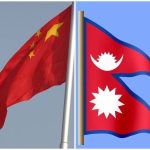Tens of thousands of residents are exiting the former British colony as Beijing reshapes life in the city…reports Asian Lite News
German entrepreneur Joseph loved his life in Hong Kong. When not tending to his logistics company, he would enjoy strolls along the waterfront promenade, weekend brunches in the upscale Soho district and foot and back massages to relieve the daily stresses of life.
But less than two years after setting up his business in Hong Kong, Joseph in January decided he could see no future in the city and relocated to Singapore.
“Many potential investors are hesitant to invest in Hong Kong as they don’t think it is a safe location to start a company any more,” the 28-year-old professional, who asked to be referred to by his first name said.
“I can see that the city changed in front of my eyes. Hong Kong has been one of the most cosmopolitan cities but the protests and COVID restrictions mean that advantage is fading…Investors don’t feel legally safe because they don’t know if there’s still neutrality in Hong Kong’s judicial system, while the legal system in China is full of grey areas. There are enough uncertainties in businesses, why do we want more?”
As Hong Kong marks the 25th anniversary of its return to Chinese sovereignty on Friday, the city’s status as an international financial and business hub is in doubt like at no point since the handover.
Tens of thousands of residents have exited the former British colony as Beijing’s tightening authoritarian control and strict pandemic restrictions aimed at aligning with China’s “zero-COVID” strategy dramatically reshape life in the city.
More than 120,000 people, locals and expatriates alike, departed in 2020 and 2021, with tens of thousands more expected to follow this year.
In a survey carried out by the American Chamber of Commerce of Hong Kong last year, more than 40 percent of expats said they were planning to leave or considering it, mostly due to concerns over a draconian national security law imposed by Beijing in 2020, stringent COVID restrictions that limit international travel and a bleak outlook for the city’s future competitiveness.
At the same time, fewer professionals are moving to the territory, with the number of applications for work visas dropping from 41,592 in 2018 to 14,617 in 2020, according to government data.
From humble beginnings as a fishing village, Hong Kong transformed into an international business hub with a vibrant stock market often ranked alongside Singapore, London and New York.
After Hong Kong was ceded to Britain under the Treaty of Nanking that ended the First Opium War in 1842, the territory became a regional centre for financial and commercial services.
During the 1970s and 1980s, the city transitioned away from manufacturing to financial services as factories, initially staffed by cheap labourers from mainland China, sought cheaper labour overseas.
Under the “Open Door” economic reforms initiated by Chinese President Deng Xiaoping in 1978, the city’s integration with China deepened, spurring vigorous international investment and trade.
Five years later, the Hong Kong dollar was officially pegged to the US dollar, after uncertainty over the then colony’s future resulted in a sharp depreciation of the currency.
Under the terms of Hong Kong’s return to China in 1997, Beijing promised to preserve the city’s way of life, including civil liberties and political freedoms not available in mainland China, for at least 50 years under the principle of “one country, two systems”.
Those freedoms, however, have rapidly declined amid a sweeping crackdown on dissent that has practically wiped out the city’s pro-democracy opposition and forced the closure of independent media outlets and dozens of civil society organisations.
Incoming Hong Kong Chief Executive John Lee has pledged to strengthen Hong Kong’s reputation as a global financial centre, without offering a timetable for reopening the city to the world.
Lee, a former security chief who ran unopposed in an election tightly controlled by Beijing, has hailed the national security law for restoring order and stability and described the implementation of “one country, two systems” since the handover as “resoundingly successful”.
But for international companies, the uncertainty created by the law, which has resulted in more than 200 arrests and instituted significant changes to the city’s feted British-inherited legal system, has become a major source of anxiety, according to Michael Davis, a former law professor at the University of Hong Kong.
“The vague national security law causes considerable uncertainty about acceptable behaviour for international companies,” said Davis.
“The pressure on the courts that has accompanied enforcement has likely reduced confidence in the rule of law, which has historically been the city’s distinguishing characteristic to attract international business.”
Davis said international firms also face pressure to support Beijing’s policies “while at the same time these companies face pressure in democracies where they operate to not support such repressive policies, at the risk of market exclusion”.
For Joseph, who led the Asia operations of a logistics firm before setting up his own company, Hong Kong’s fading appeal is undeniable.
Hong Kong’s strict COVID restrictions, which once included 21 days of mandatory hotel quarantine for incoming travellers, have further damaged the city’s allure.
Despite branding itself as “Asia’s World City”, the territory remains one of the few places outside China to quarantine arrivals, while its “circuit-breaker” policy of suspending flight routes linked to COVID cases regularly leaves travellers stranded overseas.
ALSO READ-Once Asia’s World City, Hong Kong is just another Chinese city now


